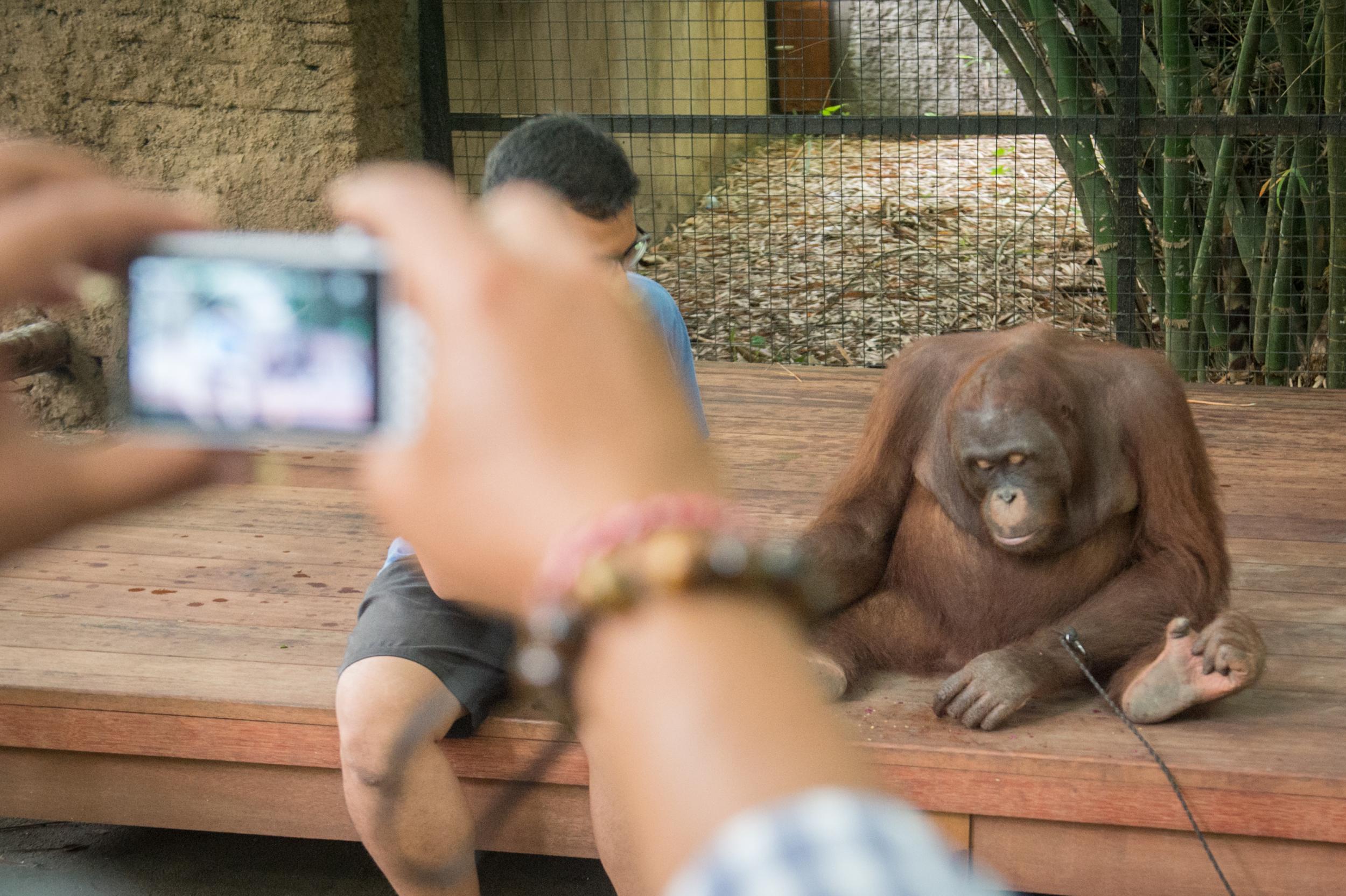Stop the Wildlife Trade: Appeal to Boris Johnson to lead G20 drive for worldwide ban
‘The UK government must provide global leadership in this public health and wildlife crisis to help prevent future pandemics’
Your support helps us to tell the story
From reproductive rights to climate change to Big Tech, The Independent is on the ground when the story is developing. Whether it's investigating the financials of Elon Musk's pro-Trump PAC or producing our latest documentary, 'The A Word', which shines a light on the American women fighting for reproductive rights, we know how important it is to parse out the facts from the messaging.
At such a critical moment in US history, we need reporters on the ground. Your donation allows us to keep sending journalists to speak to both sides of the story.
The Independent is trusted by Americans across the entire political spectrum. And unlike many other quality news outlets, we choose not to lock Americans out of our reporting and analysis with paywalls. We believe quality journalism should be available to everyone, paid for by those who can afford it.
Your support makes all the difference.Wildlife experts are appealing to Boris Johnson to call for a global wildlife trade ban at the next G20 summit of global leaders to prevent a future pandemic.
The Campaign to End Wildlife Trade, which says selling wild animals and their body parts risks more outbreaks of deadly viruses, wants the UK to lead a worldwide drive to halt the trade.
G20 leaders are due to meet in November, but current and former world leaders, including Gordon Brown, Tony Blair and Sir John Major, are calling for an urgent coronavirus meeting to be convened.
Scientists suspect the wildlife market in Wuhan, China, was a breeding ground for Covid-19, and the World Health Organisation has confirmed it played a role, either as the source or possibly as an “amplifying setting”.
A coalition that comprises 18 leading animal-protection and wildlife conservation groups is also lobbying for a new law to ban the import and export of wild animals and wild animal products in the UK.
They say businesses are placing profit before the health and welfare of both people and animals.
The experts estimate trade in wildlife — for food, entertainment, traditional medicine or exotic pets — is worth up to US $23bn (£18.3) a year worldwide.
Born Free has estimated that nearly 5,000 wild animals, including tigers, are kept as exotic pets in the UK, and the RSPCA believes several thousand more primates can be added to that list. A survey last year found British homes also keep more than 800,000 reptiles.
The US has 17.6 million exotic pets, World Animal Protection (WAP) estimates.
The group says exploitation of wild animals puts health, economies and biodiversity at risk.
Whether animals are taken from their natural environments or commercially farmed, they are exposed to stress and cruelty, which creates a hotbed for disease. Stress lowers an animal’s immune system, which makes them more susceptible to illness, and mixing species that would not encounter each other in the wild allows viruses to jump from one to another more easily.
Sonul Badiani-Hamment, a spokesperson for the coalition, said: “Covid-19 is a wake-up call for the world — and the case for a global wildlife trade ban has never been more urgent.
“Sars, Ebola and now Covid-19 are all believed to have passed from wildlife to humans.
“Boris Johnson and the UK government must provide global leadership in this public health and wildlife crisis and call for a wildlife trade ban at the G20 meeting of global leaders in November to help prevent future pandemics.”
Research by the group suggests that 86 per cent of British people would back a ban, and a quarter (26 per cent) would feel safer if wildlife trade ended.
Public demand for “traditional” medicine, exotic pets, entertainment, fashion accessories and food drives the trade that causes the risk, particularly in live-animal markets, the group says.
Sales of “traditional” medicine has devastating consequences for many species, including the 5 million donkeys slaughtered every year for their skins, and bears farmed for their bile.
“The cruelty and poor conditions these bears suffer on farms leave them susceptible to diseases which can then be transferred to people in close proximity,” says WAP.
The Chinese government has recommended the use of a bear bile product to treat symptoms of Covid-19.
The country’s legal bear bile industry is worth more than $1bn (£795m) a year.
The pet trade means species including monkeys, parrots, iguanas, tortoises and even otters are caught from the wild.
With an estimated 110 million people visiting “cruel” wildlife tourist attractions each year, the growth of global tourism has driven the trade in tens of thousands of wild animals including monkeys, tigers, lions and elephants, which are beaten, chained and abused for tourism. Their close proximity to humans increases the potential spread of zoonoses.

The Campaign to End Wildlife Trade is backed by groups including World Animal Protection, Compassion in World Farming, Four Paws UK and the Campaign to Ban Trophy Hunting.
The Independent has asked Downing Street to respond to the call.

Join our commenting forum
Join thought-provoking conversations, follow other Independent readers and see their replies
Comments